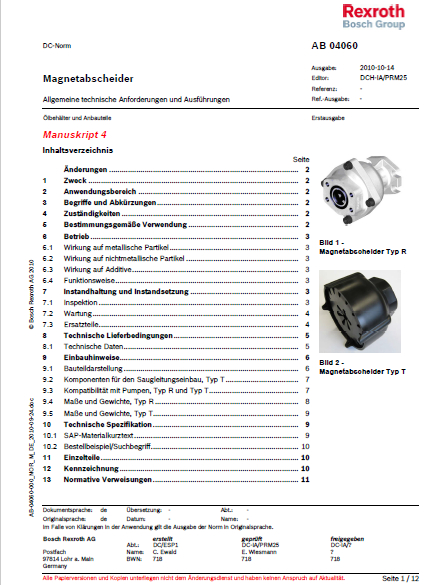Everyone ‘knows’ that contamination in a central heating systems is a problem but, before you decide how to tackle it, you need to understand what it is and the risks of using the wrong remedy – or even no remedy at all. None of the current solutions, it seems are right for the smaller and more efficient, boilers that are more susceptible to contamination.
Jobey Marlowe, technical director of Magnom, pioneers in magnetic filtration and developers of the technology behind the well-known Boiler Buddy filters says installers should be demanding more from magnetic filters:
Part ‘L’ of the building regulations specifies that a system should be cleaned or fitted with a cleaner prior to the installation of a new boiler, yet feed-back from boiler OEM’s & installers suggests that even newly fitted boilers can still fail shortly after power flushing. So installers and boiler OEM’s alike have been looking for a way of preventing premature boiler failure and maintaining optimum system performance.
This has led to a bewildering choice between power flushing, dosing of systems and mechanical system filters or combinations of all three that suggests a lack of common belief or understanding of what the main system issues are and what the optimum solution should be.
When a system is new, the threat comes from built-in contaminant, in the form of plaster dust, balled and flake solder, brick and concrete dust, insulation fibres, timber fragments/sawdust, etc, that can find their way into the system no matter how careful installers are. This type of contamination tends to cause boiler problems within the first few months of commissioning. Common problems of built-in, non-magnetic contamination are diverter valve malfunction, pump failure, blocking of metered orifices.
As systems age, the threat generally comes from magnetite (a product of erosion) generated from the inner surfaces of radiators and steel pipe work as well as older iron heat exchangers. This magnetite is a common cause of diverter valve malfunction, pump failure, blocking of primary and secondary heat exchangers leading to poor efficiency, restriction in radiators and thermostatic valve failure. I think of it as the hidden assassin.
The current options for domestic heating systems are:
- Power Flushing
- Washing contamination out of the system seems like a good idea but, a power flush might just loosen magnetite from internal surfaces only for it to become dislodged later, hence the bewildering (and, for installers, expensively time consuming) experience of ‘new’ boilers failing soon after power flushing.
- Inhibitors
- Generally speaking, inhibitors do a good job of slowing down the corrosion within a system, but they unfortunately don’t stop it and obviously can’t do anything about contaminant present in a system. They are good to use in conjunction with a mechanical filter/cleaner, but not a solution in its self.
- Mechanical system cleaners
- There are many variations on a theme (typically a magnet in a container of some form) that populate the after market, from units that only address magnetite, to units that are claimed to remove both magnetic and non magnetic contaminants. Some are very small, some very large, some claim high efficiency, some have a strong presence in the aftermarket, some only really used by the boiler manufacturers.
Jobey Marlowe says that the specification that we should all be demanding is a mechanical filter that:
- removes both magnetite or non magnetic contaminants,
- is small and discreet enough to be located in a domestic environment,
- is aesthetically appealing to be used in a domestic environment
- is very simple and easy to service and install, and
- helps to maintain performance and minimise energy consumption.
This all points to the next generation of Magnom filters. Expect an announcement soon.
